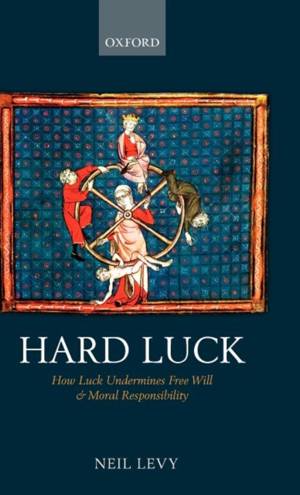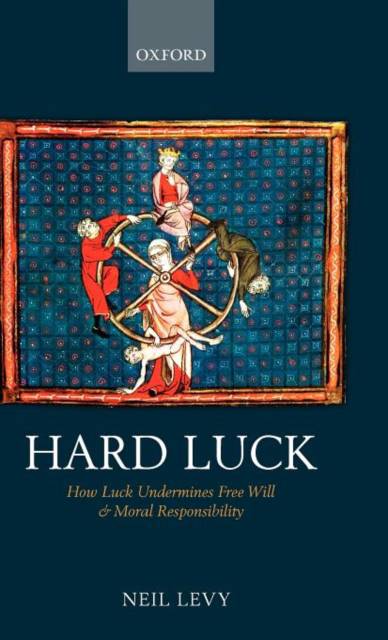
- Afhalen na 1 uur in een winkel met voorraad
- Gratis thuislevering in België vanaf € 30
- Ruim aanbod met 7 miljoen producten
- Afhalen na 1 uur in een winkel met voorraad
- Gratis thuislevering in België vanaf € 30
- Ruim aanbod met 7 miljoen producten
Zoeken
€ 169,45
+ 338 punten
Omschrijving
The concept of luck has played an important role in debates concerning free will and moral responsibility, yet participants in these debates have relied upon an intuitive notion of what luck is. Neil Levy develops an account of luck, which is then applied to the free will debate. He argues that the standard luck objection succeeds against common accounts of libertarian free will, but that it is possible to amend libertarian accounts so that they are no more vulnerable to luck than is compatibilism. But compatibilist accounts of luck are themselves vulnerable to a powerful luck objection: historical compatibilisms cannot satisfactorily explain how agents can take responsibility for their constitutive luck; non-historical compatibilisms run into insurmountable difficulties with the epistemic condition on control over action. Levy argues that because epistemic conditions on control are so demanding that they are rarely satisfied, agents are not blameworthy for performing actions that they take to be best in a given situation. It follows that if there are any actions for which agents are responsible, they are akratic actions; but even these are unacceptably subject to luck. Levy goes on to discuss recent non-historical compatibilisms, and argues that they do not offer a viable alternative to control-based compatibilisms. He suggests that luck undermines our freedom and moral responsibility no matter whether determinism is true or not.
Specificaties
Betrokkenen
- Auteur(s):
- Uitgeverij:
Inhoud
- Aantal bladzijden:
- 238
- Taal:
- Engels
Eigenschappen
- Productcode (EAN):
- 9780199601387
- Verschijningsdatum:
- 5/09/2011
- Uitvoering:
- Hardcover
- Formaat:
- Ongenaaid / garenloos gebonden
- Afmetingen:
- 167 mm x 224 mm
- Gewicht:
- 430 g

Alleen bij Standaard Boekhandel
+ 338 punten op je klantenkaart van Standaard Boekhandel
Beoordelingen
We publiceren alleen reviews die voldoen aan de voorwaarden voor reviews. Bekijk onze voorwaarden voor reviews.








